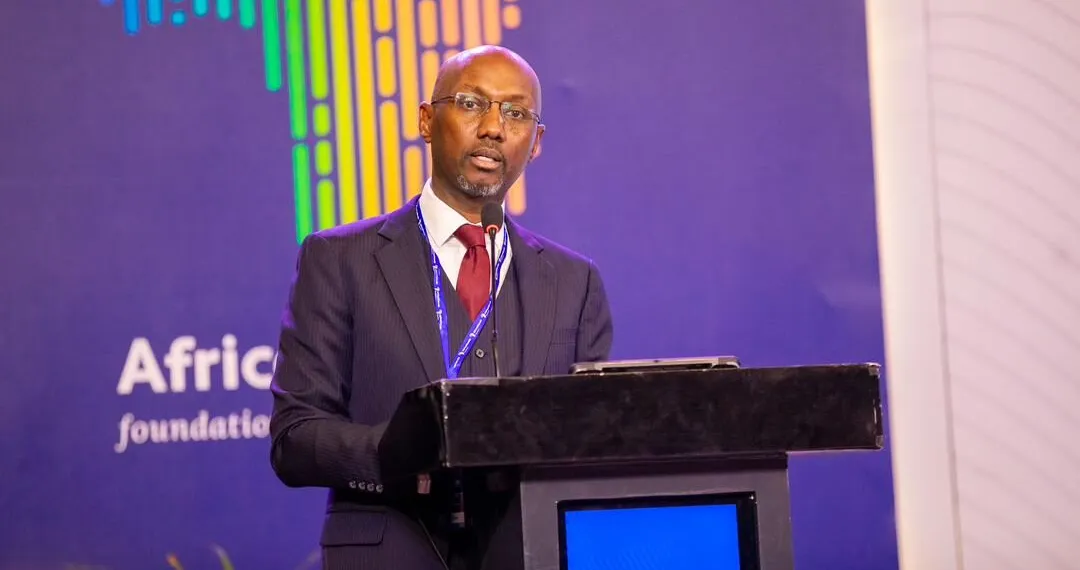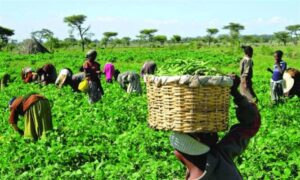- Excluding 400m people
BY BONNY AMADI WITH AGENCY REPORTS
Africa’s digital payment space continues to record remarkable growth, speeding economic and business transactions.
As more and more people adjust to the Instant payment system (ISP) which now has crossed the $1 trillion value mark, concerns mount as 400 million people are excluded.
Launch of the 2024 edition of the State of Inclusive Instant Payment Systems (SIIPS) in Africa Report, saw players in the Instant Payment System (IPS) industry gathered in Accra, Ghana, on Wednesday.
Bankers, regulators, multilateral institutions, policymakers across Africa, and other global partners attended the launch at the Mövenpick Ambassador Hotel, Accra.
The annual report, produced in partnership with AfricaNenda, the World Bank, and the United Nations Economic Commission for Africa (UNECA), highlights the growth of Instant Payment Systems (IPS) across.
Africa and explores their impact on financial inclusion. The 116-page report presents a picture of a rapidly evolving financial eco system that holds immense promise for Africa’s underserved communities.
“In just five years, the volume and value of transactions processed through IPS in Africa have grown by 37 per cent and 39 per cent respectively. This growth reflects a broader trend of digital payment adoption, driven by increasing mobile phone penetration, fintech innovation, and regulatory support,” AfricaNenda stated in the report.
In 2023, IPS processed 49 billion transactions, with the total annual IPS value exceeding $1 trillion.
However, despite this success, concerns remain regarding interoperability, digital public infrastructure, access for low-income individuals, lack of regional money transfer systems, fraudulent activities, and regulatory gaps.
Experts estimate that over 400 million people on the continent remain excluded from IPS.
Speakers at the event reiterated the need for inclusion, trust, affordability, and convenience, urging deliberate efforts to ensure the system works for the majority of Africans.
Robert Ochola, CEO of AfricaNenda, in his remarks, stressed the need to expand access to IPS, aligning this goal with the universal financial inclusion agenda by 2030.
“AfricaNenda and its partners are calling for a collective push to expand IPS and deliver solutions that cater to every citizen, particularly those in rural and underserved areas. The goal is to ensure universal financial inclusion by 2030, a vision that could be realised if the 27 planned IPS initiatives are successfully implemented,” Mr Ochola said in his opening remarks.
The report showed that out of the 400 million excluded in the continent’s IPS, 240 million are women.
The exclusion of 400 million people was a major concern for policymakers, regulators, and private sector players at the event.
According to AfricaNenda, 240 million of the excluded population are women.
Speaking on this gender disparity, Sabine Mensah, deputy CEO of AfricaNenda, described the data as alarming and suggested it might not fully capture the extent of the issue.
Sabine Mensah, Deputy CEO of AfricaNenda, in her remark, urged central banks, financial regulators, and service providers to take urgent steps, including collecting more granular data, fostering trust, and increasing women’s participation in the sector.













